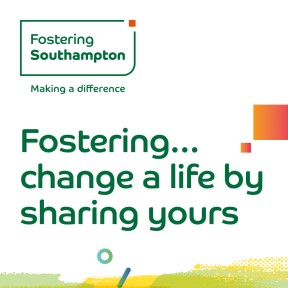What will my child learn in early years?
Children aged 0-5 in any early years education and childcare setting (including childminders) to the end of reception class in infant or primary school are taught based on the Early Years Foundation Stage (EYFS) framework.
What is the Early Years Foundation Stage (EYFS)?
The EYFS consists of seven areas of learning and development. Each has a number of 'Early Learning Goals' which most children are expected to achieve by the end of the reception year in school, and broad stages of development which help show children's progress towards the goals.
Children should firstly develop three prime areas:
- Communication and language
- Physical development
- Personal, social and emotional development
The prime areas are most essential for your child's healthy development and future learning.
The prime areas will help develop skills in four areas:
- Literacy
- Mathematics
- Understanding the world
- Expressive arts and design
The seven areas are used to plan your child's learning and activities. Professionals supporting your child will make sure that activities are suited to your child's unique needs. This is similar to a curriculum in primary and secondary schools, but is suitable for very young children. It's designed to be really flexible so that staff can follow your child's unique needs and interests.


